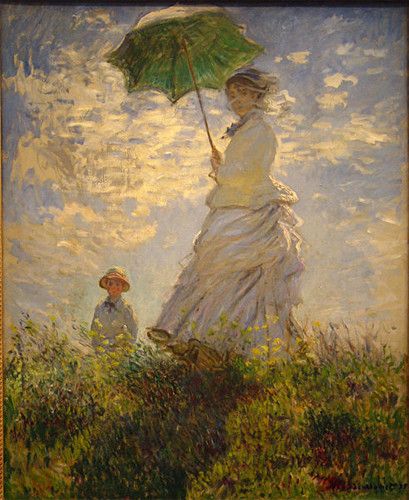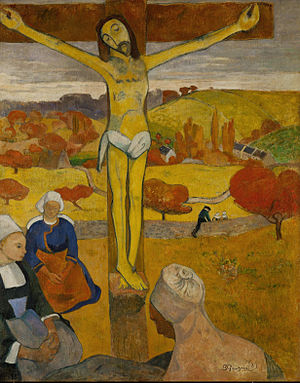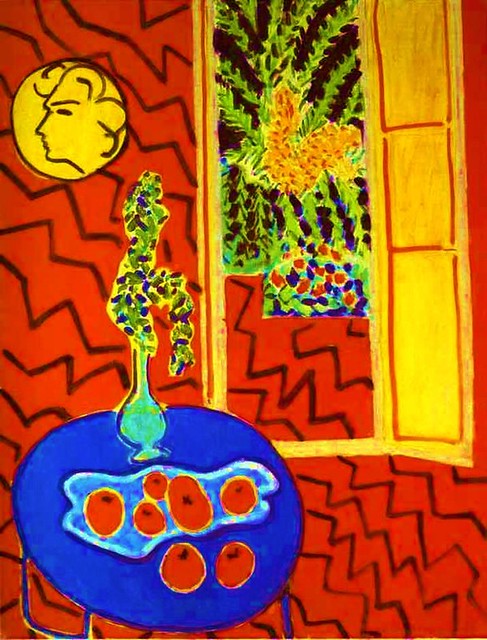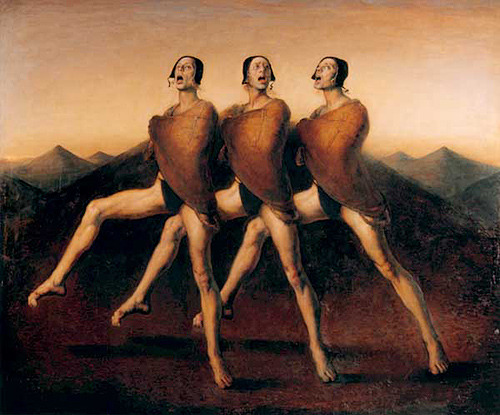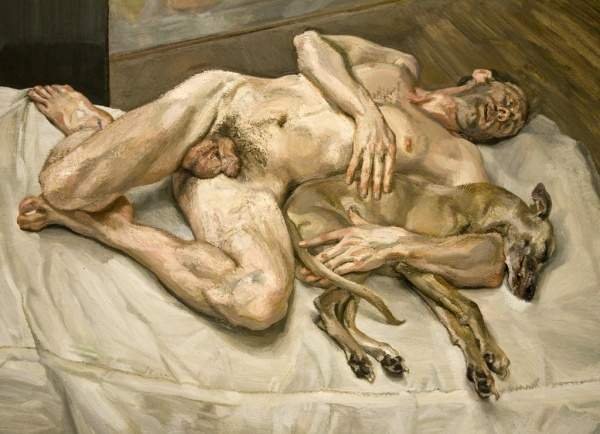Modern Art began with enlightenment and depict a political shift in ideas in that the focus is more on the working class rather then gentry/aristocracy.
post modern is as a follow up from modern in that the idea is culturally motivated ie modern living is being the focus.
so my questions are:
is there a difference between Modern and Post modern?
would you say postmodern is more caricaturist and therefore less of it is modern?



 Reply With Quote
Reply With Quote

